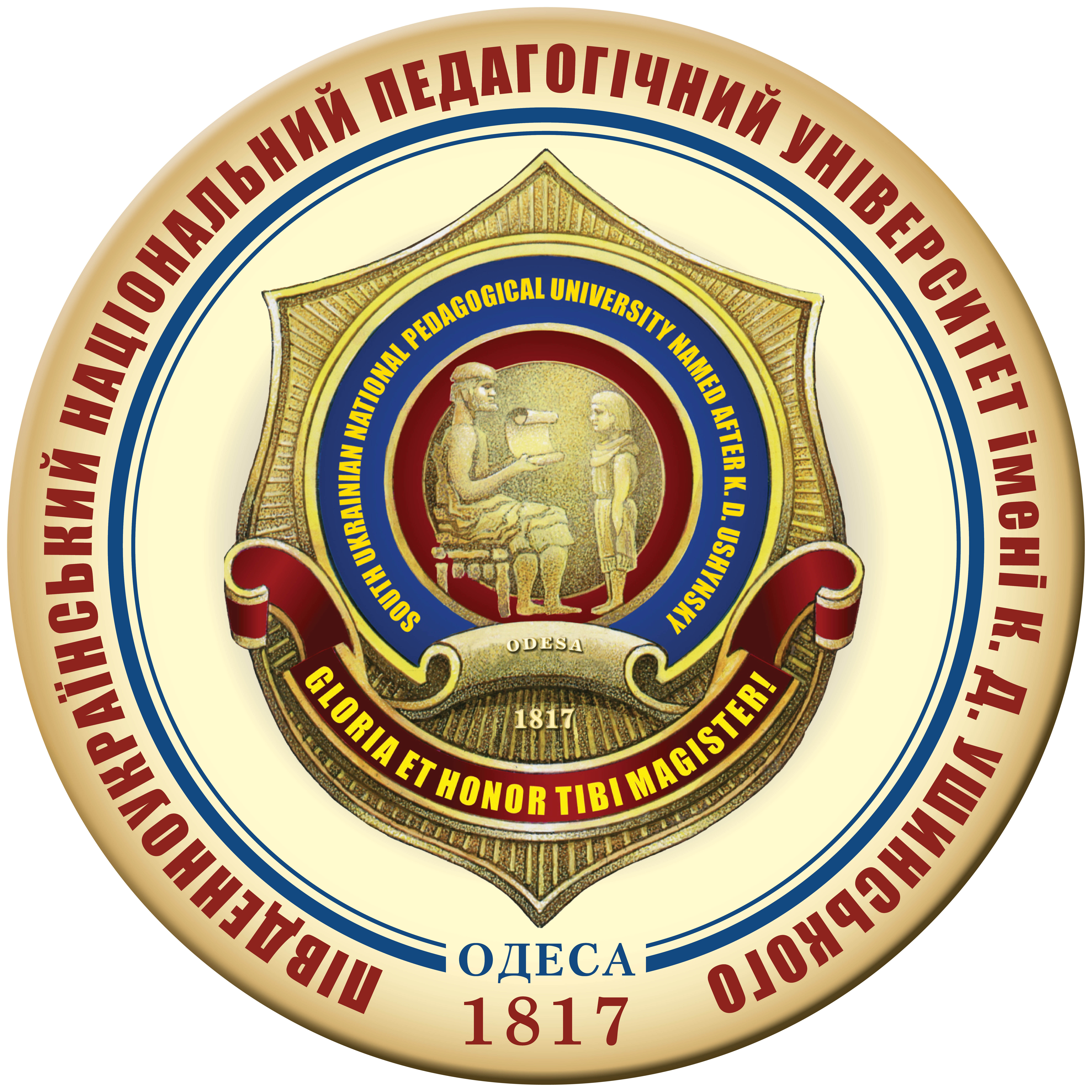SCIENTIFIC AND THEORETICAL ASPECTS OF THE TRAINING OF SPECIALISTS IN PHYSICAL EDUCATION AND SPORTS FOR RECREATION AND HEALTH ACTIVITIES BASED ON THE USE OF CONCENTRATED LEARNING TECHNOLOGIES
DOI:
https://doi.org/10.24195/olympicus/2024-4.3Keywords:
competences, concentrated training, recreation and health activities, specialist, trainingAbstract
The article examines the scientific and theoretical aspects of optimizing the process of professional training of physical education and sports specialists for recreational and recreational activities based on the use of concentrated learning technologies. The analysis of scientists' works indicates the lack of optimal technology for the training of specialists. In particular, there is a lack of a holistic view and systematic construction of the process of assimilation of knowledge from medical-biological, psychological and non-traditional means of recovery, the formation of professional abilities and skills in the use of physical culture and recovery systems, and the solution of fundamentally new recreational and recovery tasks. The proposed educational material and teaching methods do not provide a targeted focus on the formation of professional competence in recreational and recreational activities. Therefore, pedagogical science and practice face an urgent problem in conducting research with the aim of finding ways to optimize the professional training of physical education and sports specialists for recreational and recreational activities. The purpose of the work is the scientific and theoretical substantiation of the need to optimize the process of professional training of future specialists in physical education and sports for recreational and recreational activities based on the use of concentrated learning technologies with the establishment of integrative opportunities for the application of a hybrid cognitive decision-making model in solving fundamentally new recreational and recreational tasks in dynamic situations. Research methods: theoretical and methodological research of scientists, classification, theoretical modeling, clarification of cause and effect relationships, observation, methods of comparison, synthesis, analysis. Discussion. The search for ways to improve the effectiveness of the system of training specialists in recreational and recreational motor activity in the conditions of sustainable innovative development should be focused on the use of leading pedagogical technologies for the formation of professional readiness for mastering practice-oriented competencies. In order to optimize the process of training specialists in recreational and recreational activities, we propose to unify the phased construction of an individual educational trajectory of personal training of a specialist and a cyclical training system and to present the process of formation of practice-oriented competencies in the design of recreational and recreational activities in the form of a phase structure of the construction of an individual training trajectory. The phase structure of building the learning trajectory should contribute to better functioning of: processes of perception and recognition of the most significant informational signals; mental processes of the associative, reproducible and developed type (supplementation of previous experience, imitation and making of subsequent decisions); processes of building a probabilistic subjective model (forecasting); processes of building a predictable behavior strategy (private, large-scale, etc.). In addition, the proposed approach will make it possible to form mental models in the system of a hybrid cognitive decision-making model in solving fundamentally new recreational and health problems in dynamic situations.
References
Бондарчук Н.Я., Чернов В.Д. Теоретичні засади використання диференційованого підходу у фізичному вихованні населення різних вікових категорій та його оздоровче значення. Науковий вісник Ужгородського університету. Серія: «Педагогіка. Соціальна робота». 2017. Випуск 2 (41) 34. С. 34–37.
Горбенко О.В. Науково-методичне обґрунтування кадрової потреби сфери фізичної культури і спорту в Україні : автореф. дис. … канд. наук. з фіз. виховання та спорту: 24.00.02. Львів, 2002. 19 с.
Григоренко В.Г. Теоретичні та експериментальні засади інноваційного формування у студентів педагогічного університету позитивної групової мотивації до фахової підготовки. Проблеми трудової і професійної підготовки: наук.-метод. зб. / Мін-во освіти і науки, молоді та спорту України, Слов'янський. держ. пед. ун-т ; відп. ред. і укл. В. В. Стешенко. Слов’янськ, 2012. Вип. 17, т. 1. С. 200–208.
Данилевич М. Професійна підготовка майбутніх фахівців з фізичного виховання та спорту до рекреаційно-оздоровчої діяльності: теоретико-методичний аспект : монографія / Мирослава Данилевич. Львів: ЛА «Піраміда», 2018. 460 с.
Дутчак М. Сучасна концепція кадрового забезпечення сфери фізичної культури і спорту в Україні. Теорія і методика фізичного виховання і спорту. 2020. Вип. 2. С. 124–129.
Ковтунець В. Вимоги ринку праці до освітніх та професійних кваліфікацій працівників. Вісник Національної академії педагогічних наук України. 2022. Вип. 4 (1). С. 1–7. URL: https://visnyk.naps.gov.ua/index.php/journal/article/ view/316 (дата звернення: 23.10.2024).
Круцевич Т., Зайцева М. Інноваційні процеси у сфері підготовки кадрів з фізичної культури. Теорія і методика фізичного виховання. 2005. No 4. С. 41–45.
Степанченко Н.І. Система професійної підготовки майбутніх учителів фізичного виховання у вищих навчальних закладах : дис. ... докт. пед. наук : 13.00.04. Вінниц. держ. пед. ун-т ім. М. Коцюбинського. Вінниця, 2017. 629 с.
Сущенко Л.П. Теоретико-методологічні засади професійної підготовки майбутніх фахівців фізичного виховання та спорту у вищих навчальних закладах : автореф. дис. … докт. пед. наук: 13.00.04. Київ, 2003. 46 с.
Шевченко В. Підготовка майбутніх педагогів до роботи в умовах інклюзивної освіти. Humanitarium. 2018. Том 42. Вип. 2. С. 162–170.








